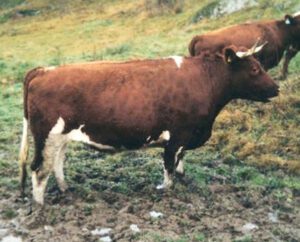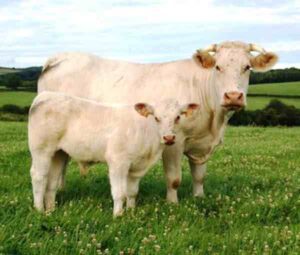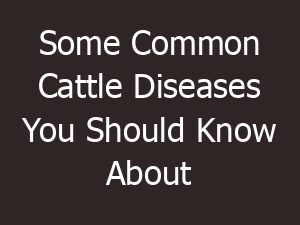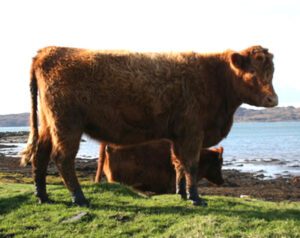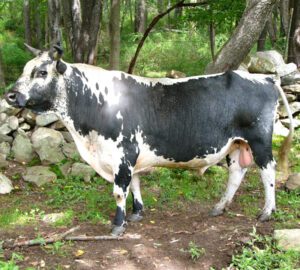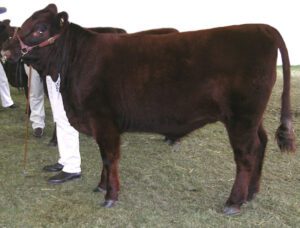The Vorderwald cattle are a very beautiful breed of cattle. They are dual purpose animal and raised for both meat and milk. The breed originated from Germany and also known as Vorderwälder Rind in German.
The Vorderwald cattle are very hardy and well adapted to the rough mountain conditions of the Black Forest in Germany, like the related Hinterwald cattle breed. In 1544, the so-called “Wald Cattle” were mentioned for the first time. They were already differentiated between a bigger breed and a smaller breed.
The bigger breed is today’s Vorderwald cattle, and the smaller breed is today’s Hinterwald cattle. In the year of 1896, a herd book was established. And after 1960 there was some crossbreeding of this cattle breed with the Ayrshire cattle.
Today the number of Vorderwald cattle are gradually decreasing. There were only 4826 cows in the herd book in 2004. Read more information below.
Vorderwald Cattle Characteristics
Vorderwald cattle are heavy animals and relatively larger in size. Their body generally has red, brown or even black spots. Their head and legs are usually white. They have forward curving horns.
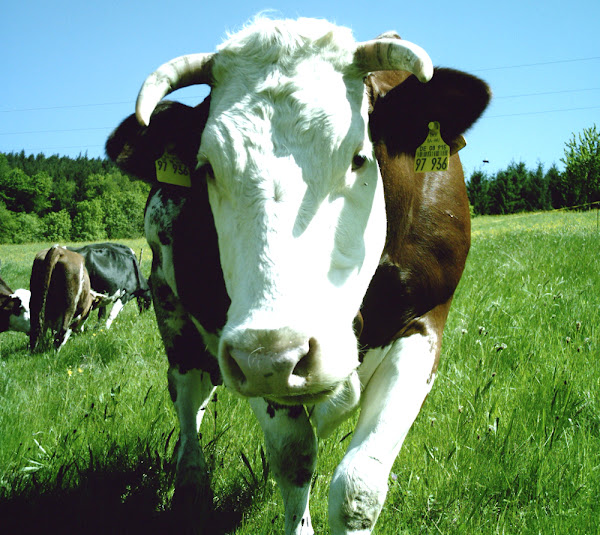
The Vorderwald bulls are typically 150 cm tall, and the cows are 135 cm tall at the withers. The bulls on average weight about 1050 kg, and the cows about 600 kg. Photo and info from Wikipedia.
Uses
The Vorderwald cattle are dual purpose animals. They are used for both milk and meat production.
Special Notes
The Vorderwald cattle are very hardy animals compared to other cattle breeds. They are well adapted to the rough mountain conditions of the Black Forest in Germany.
Their strong legs and feet allow them to graze on the mountains. They are reputed to be long-lived animals. Review full breed profile of this cattle breed below.
| Breed Name | Vorderwald |
| Other Name | German : Vorderwälder Rind |
| Breed Purpose | Meat, Milk |
| Special Notes | Active, Hardy, Excellent Forager, Long-Lived |
| Breed Size | Heavy |
| Bulls | About 1050 kg |
| Cows | About 600 kg |
| Climate Tolerance | All Climates |
| Coat Color | Vary with red, brown or even black spots |
| Horned | Yes |
| Milk Yield | Good |
| Rarity | Common |
| Country/Place of Origin | Germany |

